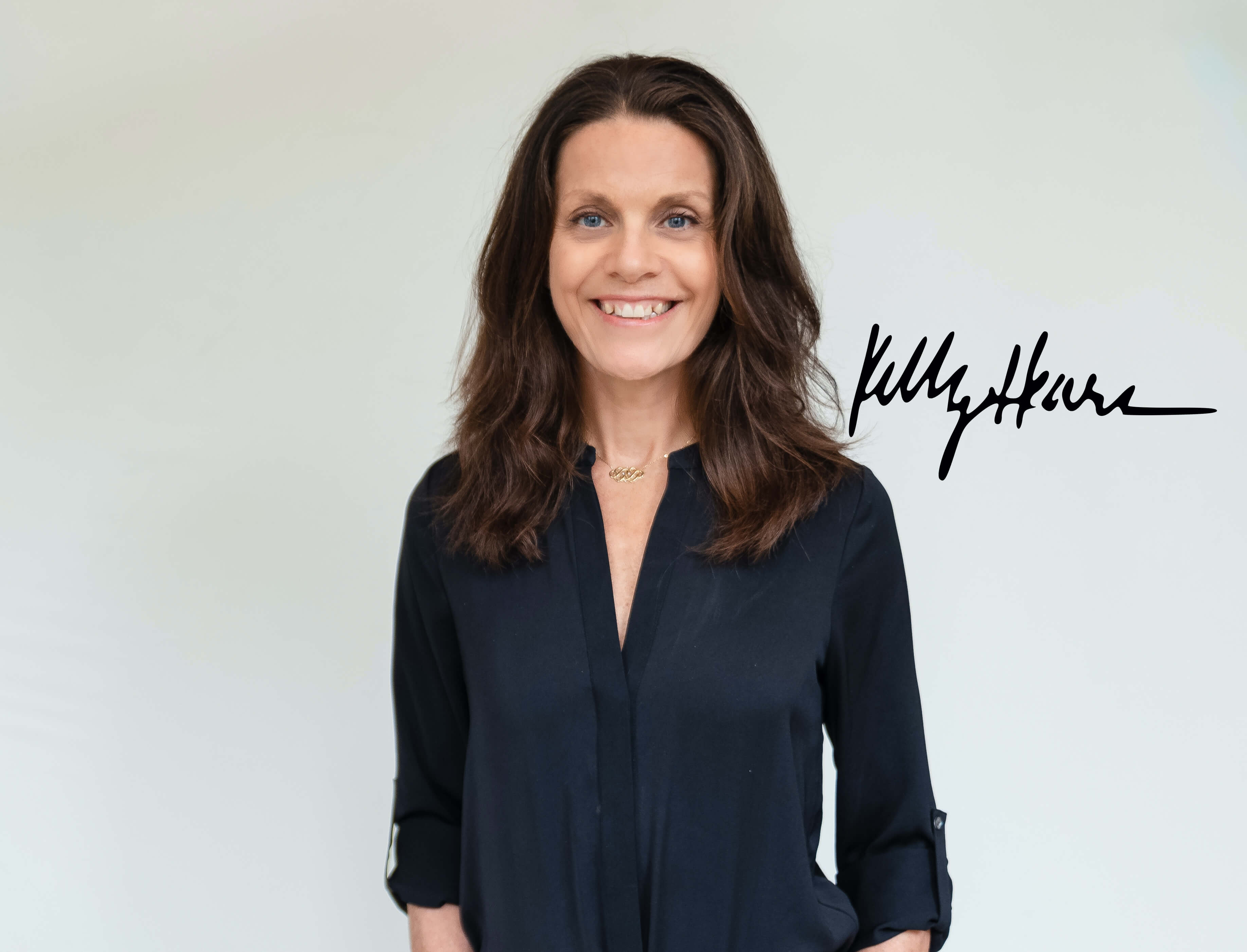Dear Therapist,
I'm a late 30s male who has worked his way through various bad habits although I've never considered myself addicted to any of them. I gave up most drugs in my 20s but leaned into alcohol in my 30s until my doctor spoke to my quite plainly about the effects on my health. While I feel good about leaving these various substances behind and embracing a healthier lifestyle, I now just numb out on boxsets when it all gets too much, which is alarmingly often. I'm ready to be done with the bad habits but am worried new ones will just keep cropping up. Any suggestions?
Signed
Trouble Coping
Dear Trouble Coping,
First of all, know you're not alone. We're all running from pain. Humans are naturally programmed to eschew suffering, and 21st century living has provided an absolute abundance of distractions to help us do so. You've cited some common ones but the list is long, including behaviours that are culturally applauded - workaholism, consumerism and intellectualisation to name a few. Even our intense focus on productivity starts to feel a lot like a manic defence, a frenzy of activity in place of feeling. Yet all this focus on avoiding pain doesn't get rid of it, and often times makes it worse.
Importantly, we don't want to judge or shame ourselves for our avoidance strategies as this is counterproductive, shutting down our exploration before it even starts. Instead, we can use their presence as a cue to get curious about what uncomfortable emotions may be lurking beneath so that we can attend to these.
In practical terms, we can make a commitment to pause before engaging in the avoidance strategy. Take five minutes to check in with ourselves by asking 'What am I trying to avoid feeling right now?' Get quiet and pay attention to what arises. The point of the pause is to experience being in relationship with the difficult emotions we've organised our lives around not feeling. Note that the goal is to feel - not feed - the emotions. Beware of going into rumination or worry; staying at the level of physical sensations in the body helps anchor in the present.
Next, a second question: 'What does taking care of myself look like right now?' What will allow you to be kind to yourself in that moment of distress rather than pushing it away?
By repeatedly dipping into the vulnerability and tending to it we develop the capacity to withstand the discomfort the emotions elicit. As we get more practiced with this, we build the confidence to stay with our experience rather than needing to distract ourselves from it. The avoidance strategies lose some of their pull. Engaging a therapist can be really supportive here. The 50-minute therapy hour also can serve as a container for strong emotions we fear may be overwhelming.
Many of us are working overtime - often without realising it! - to make sure we don't have to face the full intensity of everything going on in our lives and in our bodies. We've learned to prioritise near term comfort over longer term health and so find difficultly metabolising uncomfortable experiences and emotions. Facing what we've been trying to avoid can increase distress in the short term but allows for the longer-term benefits of greater physical and emotional health and also a wider understanding of ourselves.
Yours,

Do you have a question for Dear Therapist? Send it to [email protected] with Dear Therapist in the subject line and Charlotte Fox Weber or Kelly Hearn will get back to you.

